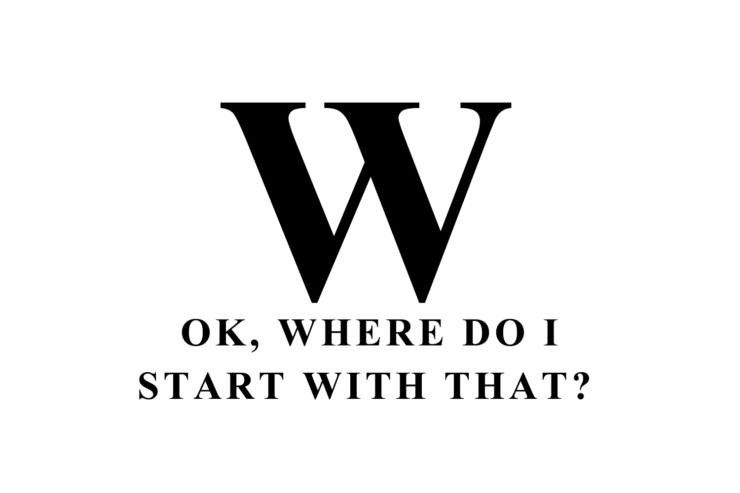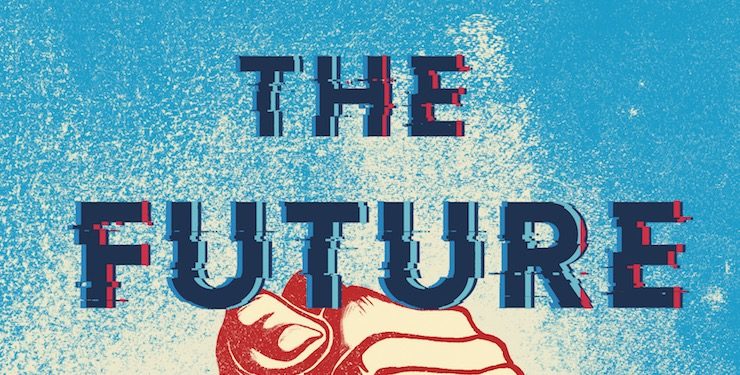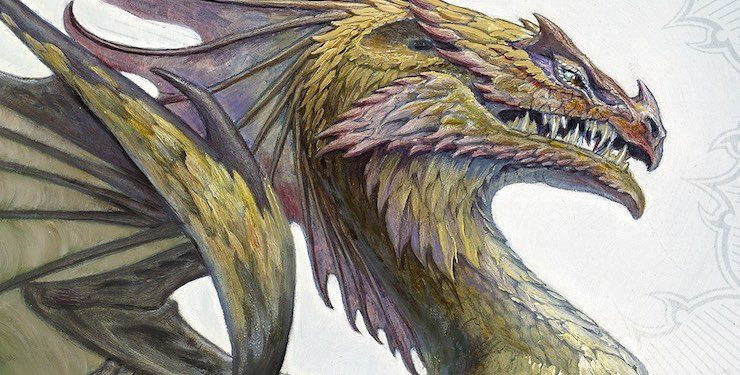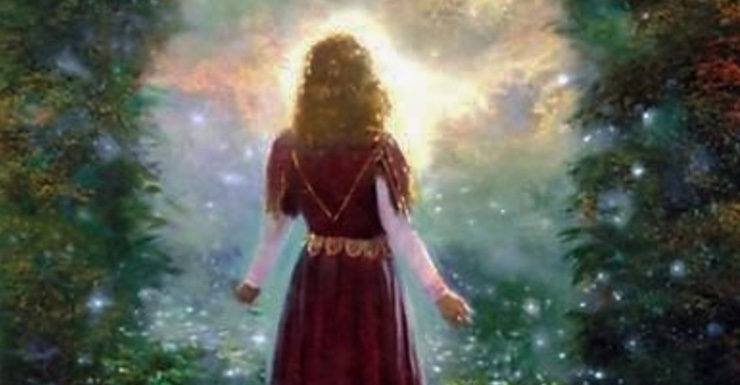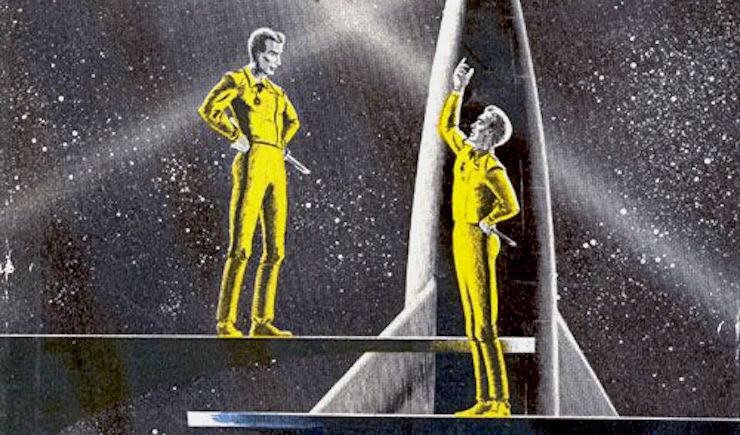The end of the alphabet is bearing down on us fast, as we look along my bookshelves deciding where to start with different writers. We have reached the last really big letter, W.
These are my personal recommendations, based literally on what’s on my actual physical bookshelves. There are therefore always a lot of things excluded that I don’t read, don’t have opinions on or plain forgot—please add them for me, along with your suggestions for where to start with them.
W starts with Helen Waddell, a scholar of medieval literature, particularly with her historical novel Peter Abelard (1946). It’s the story of Abelard and Heloise, and I’m very fond of it.
Howard Waldrop is one of the greatest writers of crazy short stories ever. Start with the collection Things Will Never Be the Same or if you can find it the novel Them Bones (post).
Jill Paton Walsh has written some excellent children’s books, but if you are grown up, start with Knowledge of Angels (post).
My own books come next on my bookshelf, but if you are reading this you have already started to read me with the blog posts. I will leave it to others to recommend where to start with my fiction. I do have a new one out in January.
Walter Wangerin’s The Book of the Dun Cow is a fantasy unlike everything else. It’s an animal fable, and it’s very odd, but well worth your time. I haven’t much liked anything else of his.
Keith Waterhouse was a British mainstream writer who was immensely popular for a while and seems to have faded from popular consciousness. His best known book is Billy Liar, first person from the point of view of a compulsive liar who makes his life unnecessarily complicated. I’m very fond of the sweet sad Maggie Muggins, about a woman going around all the places she has lived in London collecting mail that might have been sent there for her, and rethinking life and death.
Lawrence Watt Evans—if you like light fantasy start with The Misenchanted Sword (post) or if you’d enjoy Dumas with dragons, then start with Dragon Weather. Watt Evans is great at worldbuilding, he’s good at being amusing, and he’s the only writer I’ve ever actually seen say “Why that one?” when someone said they’d bought one of his books.
I go through phases of liking Evelyn Waugh. I’ve bought all his books twice because I got rid of them the first time. His best book is definitely Brideshead Revisited, but really you can start almost anywhere with the others.
David Weber—I’d say start with Honor Harrington series with book 2, The Honor of the Queen. You don’t need to have read the first one and it’s a much better introduction. If you prefer your naval SF to have water instead of spaceships, then start with Off Armageddon Reef (post).
Jean Webster wrote the charming but odd YA Daddy Long Legs (1912). I don’t know if people read books like this these days.
H.G. Wells is one of the fathers of science fiction, so it’s odd that I started reading him with his mainstream novels. It’s quite amazing how many classic SF themes he was the first to write. I’d suggest starting with The Time Machine and The War of the Worlds, conveniently packaged together.
Donald Westlake was a wonderful American mystery writer, and if you’ve never read him you should start with the comic caper novel What’s the Worst That Could Happen. I describe them in a post on Get Real, which is the last in the series.
Edward Whittimore wrote odd semi-fantastical history about the Middle East. Start with Sinai Tapestry—and do start with it. They’re quirky and hard to describe but completely brilliant and utterly original.
Kate Wilhelm has written a number of crime novels and quite a bit of SF. Start with the Hugo-winning Where Late the Sweet Birds Sang.
It’s hard to say where to start with Walter Jon Williams because he has written so many different things. You could try last year’s This is Not a Game (post), a near future cutting-edge SF novel. Or you could try the Dread Empire’s Fall (post) military space opera series. Or really, depending what SF subgenre you like, he’s probably written something in it.
Connie Willis writes science fiction that tends to have a complex relationship with history. Start with To Say Nothing of the Dog (post) or Domesday Book (post). Do not read Blackout until the other half comes out in November.
Terri Windling is one of the best fantasy anthologists in the genre. But start with her wonderful novel The Wood Wife (post).
Jack Womack is one of the most brilliant and one of the most underrated SF writers ever. Start with Random Acts of Senseless Violence (post).
Ira Wood is Marge Piercy’s husband. I own his novel The Kitchen Man because I really like Piercy. It’s odd to read though, from a perspective of having read a lot of Piercy, because they both write variations of themes of their lives, and so having this in a different key is weird.
Virginia Woolf—definitely start with A Room of One’s Own. I have never much warmed to her fiction, nor do I think much of her as a cultural icon, but this is essential for any woman or any writer.
Patricia Wrede has written a lot of excellent fantasy, but start with Sorcery and Cecelia (post).
John Wyndham—start with The Chrysalids (Rebirth) (post).
Jo Walton is a science fiction and fantasy writer. She’s published eight novels, most recently Half a Crown and Lifelode, and two poetry collections. She reads a lot, and blogs about it here regularly. She comes from Wales but lives in Montreal where the food and books are more varied.










